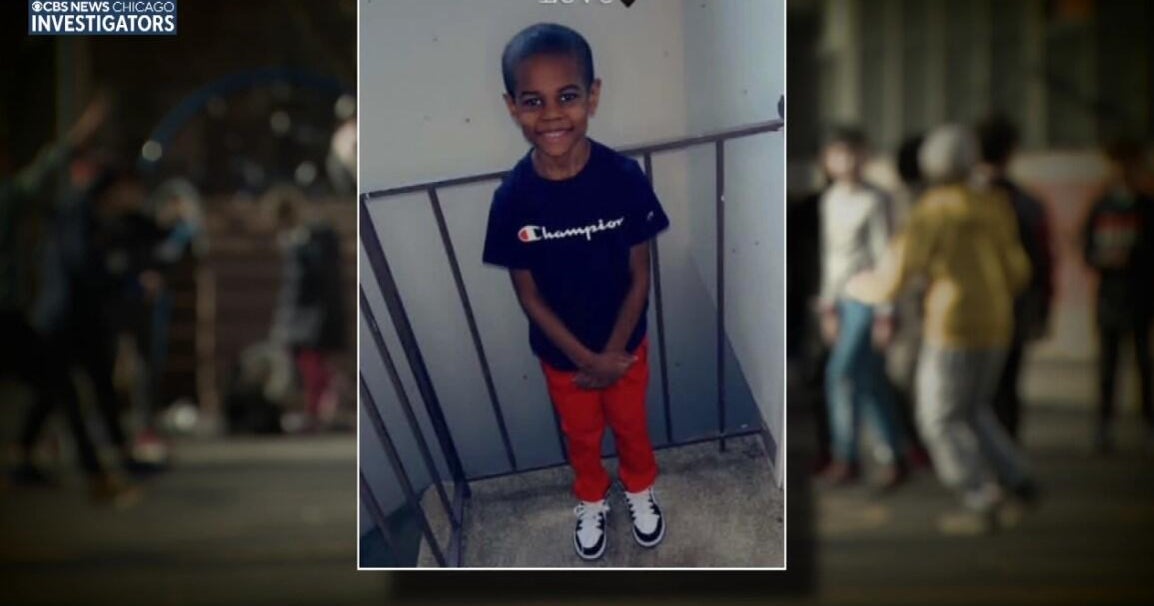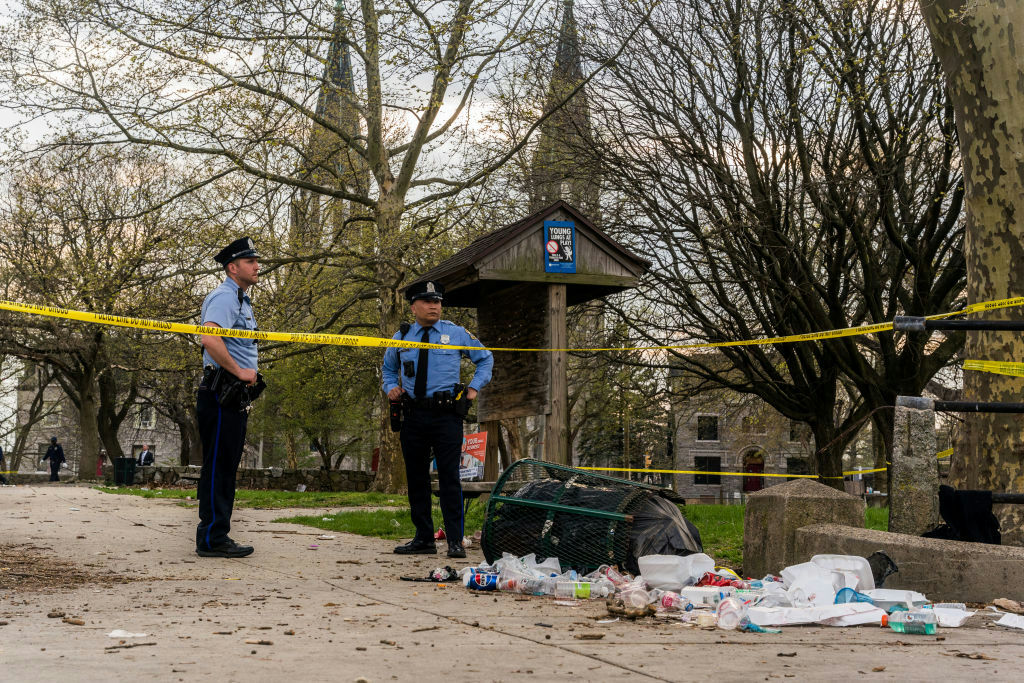10 creepy, icky things that could murder your home's value
Halloween is almost here, but legions of children descending upon your house demanding candy might not be the only scary thing going on in your neighborhood. You should also be aware of the creepy things that can spell doom for your property values.
From the truly macabre to the merely disconcerting, here are 10 price killers to avoid.
Murder and other gruesome acts
Homes that have been the location of murder, suicide and other unsavory events are said to be "stigmatized." There may be nothing wrong with the property structurally, but it can be a tough sell to ask people to live where someone else breathed their last under horrific circumstances. By some estimates, such properties not only command lower prices, but they may also sit on the market significantly longer.
Sometimes, the crime doesn't even have to occur in the house for it to be stigmatized. It can simply be enough for a killer to have resided there. In some cases, such as that of Sandy Hook School shooter Adam Lanza, the stigma is so great that it's decided the best course of action is to simply demolish the house.
Death in the house
A death doesn't have to be gory to cause people to think twice about moving into a house. A suicide or freak accident can seem like bad juju, and even natural deaths are enough to creep out some buyers.
Some states have death disclosure requirements for real estate transactions. These can vary widely, with some states requiring disclosure only of violent deaths and others placing a time limit on the disclosure. Check with a real estate agent for specific disclosure requirements in your area.
Legends of ghosts and ghouls
States don't require sellers to disclose reports of ghostly apparitions, but that doesn't mean people won't find out about them. When they do, it could derail a sale, as was the case in a famous 1991 court decision that let a seller back out of a purchase because alleged hauntings were not disclosed.
The National Association of Realtors also recommends agents be upfront about any history of supposed paranormal activity. It notes that while a potential ghost may deter some buyers and depress a home's sale price, it might also bring in a customer who is looking for a property with a bit of character.
A cemetery nearby
Yes, the neighbors are quiet, but a cemetery is bound to be off-putting to some people. In fact, the National Association of Realtors found that the presence of a cemetery nearby drags down property prices by 12 percent.
But an analysis of sales by real estate firm Redfin came to the opposite conclusion. It discovered homes closer to cemeteries fetched more money per square foot than those farther away. One possible advantage of having a cemetery next door is that it will likely prevent future development on that location.
Funeral home in the neighborhood
Death, in general, simply doesn't seem to be good for home sales. By analyzing property values of houses near funeral homes, the National Association of Realtors found prices were 6.5 percent lower than other properties in the county.
Some of that may have to do with the traffic they generate, but there could be other factors at play as well. The NAR notes that people may fear that smoke from a crematorium is toxic. Others may worry about negative spiritual energy. Still others may simply find the prospect of living next to a building with dead bodies inside to be the stuff of nightmares.
Criminal neighbors
It's not just the dead that can have a serious impact on housing prices. A creepy neighbor could be just as bad. California is one state that requires sellers to disclose any major nuisance, and that could include the couple two doors down who like to cook meth.
Even if you don't have to disclose information about your neighbors, potential buyers won't have much trouble finding the unsavory characters on the block. Thanks to online sex offender and criminal registries, that information is easy to find. The National Bureau of Economic Research estimates that the presence of a sex offender drops the prices of homes within a tenth of a mile by 4 percent.
Mold in the walls
Not all mold is deadly, but there has been enough bad press about toxic mold that buyers would understandably balk at purchasing a home that has any variation of the stuff.
It's hard to say exactly how much mold can affect a home's value, and if it's been remediated correctly, there may be no way for a potential buyer to tell. However, some states may require disclosure of a prior infestation.
Speaking of things that could spook a home shopper, these could include home renovations that you decided to do yourself. Before you knock down a wall, check out "Are DIY Home Renovations a Good Idea?"
High-voltage power lines overhead
We all like our electricity, but not everyone wants high-voltage wires outside their home. For some people, it's a case of aesthetics — the metal or wooden giants tend to block the view and issue a steady hum as electrical power courses through the lines. Others are convinced high-voltage wires are something more sinister — a potential health risk.
The effect of high-voltage lines on property prices seems to be up for debate and may depend on your geographic region. Studies on the subject vary, from finding no effect on prices to a drop of 2 to 9 percent in values for nearby houses.
Power plants and industrial sites
It seems like nothing good ever comes out of toxic sludge in monster movies, and people may have that in mind when looking at homes located near industrial sites including power plants. The National Association of Realtors says the proximity of power plants drags down home values by 5.3 percent.
A sketchy house number
You would think the number on your door would be the least of your worries when selling a house, but unlucky number 13 could cost you some cash with superstitious buyers. Zoopla found homes in the UK with "13" on the door brought in more than $11,000 less than average properties.
What's more, 24 percent of those surveyed said they would expect a home with that number to be priced lower than other homes. The company didn't ask about the number 666, but we pity anyone trying to unload a property with those three digits.
These 10 creepy factors won't necessary make it impossible to sell a home, but they could keep you up at night worrying about your chances. Of course, if you're a buyer, you might not find these things too horrifying. In that case, you could snag a killer bargain.
This article originally appeared on the website MoneyTalkNews.



